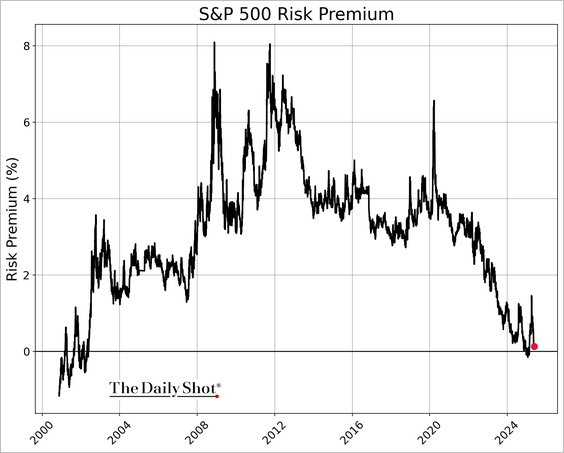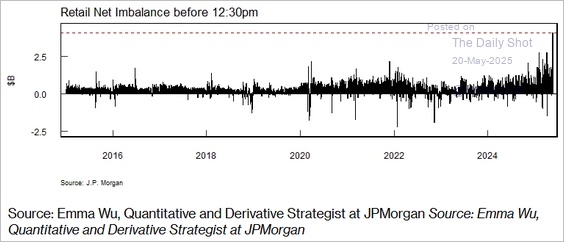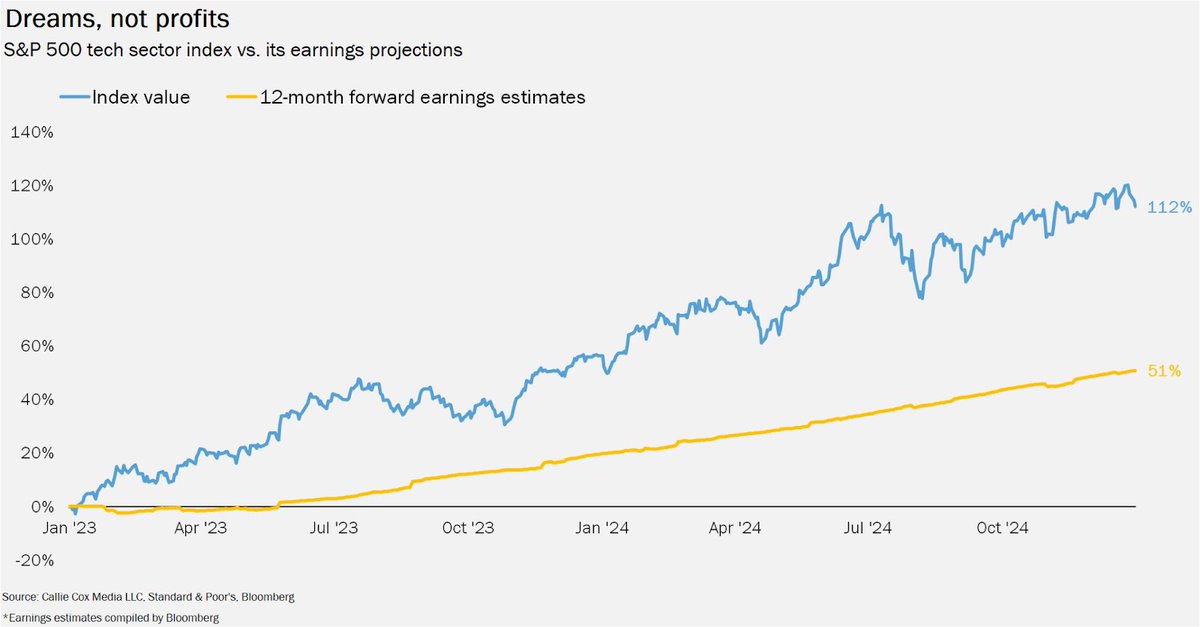According to the University of Michigan’s preliminary May survey, the U.S. Consumer Sentiment Index fell to 50.8, down from 52.2 in April. This marked the second-lowest reading in the survey’s nearly 75-year history, surpassed only by June 2022.
The decline is attributed to heightened concerns over inflation and the economic impact of President Trump’s trade policies. Notably, 75% of respondents spontaneously mentioned tariffs, up from 60% in April.
Inflation expectations have surged, with year-ahead projections rising to 7.3%, the highest since 1981, and long-term expectations increasing to 4.6%.
The Conference Board’s Consumer Confidence Index® also reflected a downturn, dropping by 7.9 points in April to 86.0 (1985=100). The Expectations Index, which gauges consumers’ short-term outlook, fell to 54.4, the lowest since October 2011 and well below the 80-point threshold that typically signals a recession
Travel is a discretionary expense that reflects consumer sentiment. When people are less confident about their financial prospects, they are less likely to plan vacations or leisure trips.
According to the Conference Board, the share of Americans planning to take a vacation in the next six months slipped below 40% in February for the first time since the pandemic. It ticked up slightly to just above 40% in April, but that was down from more than 44% a year earlier. Americans cite economic concerns and stock market weakness as reasons to cut back on summer vacation plans; many are swapping air travel and extravagant holidays for road trips and shorter vacations.
Americans cite economic concerns and stock market weakness as reasons to cut back on summer vacation plans; many are swapping air travel and extravagant holidays for road trips and shorter vacations.
According to a Deloitte report, 41 percent of respondents are taking a trip of three nights or fewer, compared with 37% last year. See, Europe Is Out. Road Trips Are In. Welcome to the Scaled-Back Vacation:
The market’s rebound and the tariff pause didn’t change Ruswick’s mind. “I don’t have faith this is going to stay this way,” the 29-year-old software engineer said.
He feels pinched, now that prices for soda, meat and seemingly everything else are up significantly from a few years ago. His rent is also higher, and homeownership feels out of reach. The family is now planning a road trip for later this summer to South Dakota’s Black Hills.







